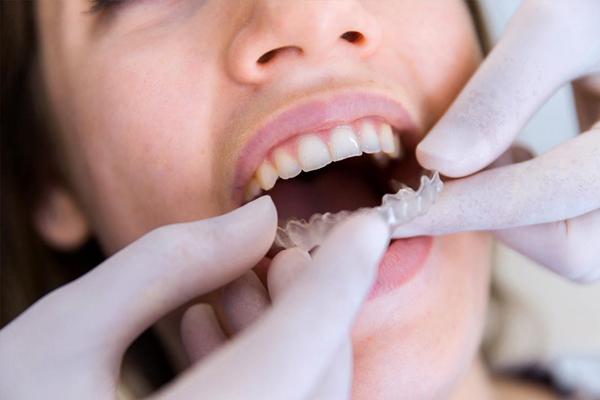Singapore’s Ethical Considerations in Orthodontic Treatment

Orthodontic treatment, including braces and aligners, is a significant decision for patients, with implications for oral health and aesthetics. With the increasing popularity of options like the best braces in Singapore, it’s essential to understand the ethical considerations that guide these treatments. These considerations help ensure that patients receive safe, respectful, and well-informed care. Below are some core ethical principles that should be integral to orthodontic practice.
1. Informed Consent and Patient Autonomy
One of the foundational ethical principles in orthodontics is informed consent, which ensures that patients are fully aware of the details, benefits, and risks of their treatment. Patients should be given clear, jargon-free information about treatment options, expected outcomes, and potential side effects. This empowers them to make decisions aligned with their values and health goals. For instance, if a patient seeks the best braces in Singapore, they should understand the differences between traditional braces and clear aligners. Informed consent respects patient autonomy, ensuring they are active participants in their treatment choices.
2. Non-Maleficence: Ensuring No Harm
The principle of non-maleficence, or “do no harm,” is central to all dental and medical practices. Orthodontists must consider the safety and well-being of patients above all. This means evaluating whether a treatment is appropriate and refraining from recommending unnecessary or potentially harmful procedures. For example, for individuals with specific dental conditions, braces may not be the ideal solution. By upholding non-maleficence, orthodontists prioritise treatments that will benefit the patient and avoid practices that could lead to complications or ineffective outcomes.
3. Beneficence: Acting in the Patient’s Best Interest
Beneficence in orthodontic care goes hand in hand with non-maleficence. While non-maleficence focuses on avoiding harm, beneficence emphasises actively working in the patient’s best interest. Orthodontists should recommend treatments that genuinely support the patient’s health and well-being. For example, a dentist in Bedok might discuss different orthodontic options with a patient, taking the time to explain why one option may suit them better based on their dental health and lifestyle. This commitment to beneficence ensures that patients receive thoughtful and tailored care.
4. Justice and Fair Access to Orthodontic Care
Justice in orthodontics refers to ensuring fair and equitable treatment access for all patients. In some cases, financial constraints or lack of access to facilities can limit a patient’s treatment options. While orthodontists in Singapore cannot control all external factors, they can uphold justice by offering clear and transparent pricing and avoiding discrimination in patient care. Discussing financial options, such as affordable braces or payment plans, can help ensure that more patients have access to necessary orthodontic treatment without compromising quality or ethics.
5. Transparency in Treatment Costs and Procedures

Clear communication about treatment costs is essential to ethical orthodontic care. Patients need to be aware of the costs involved in their treatment before it begins to avoid unexpected expenses. Orthodontists should provide detailed information about potential costs, including consultations, adjustments, and follow-ups. For example, those seeking affordable options for braces in Singapore should be fully informed of all associated costs, which helps them make a well-informed decision without the stress of financial surprises.
6. Confidentiality and Respecting Patient Privacy
Orthodontists have a duty to protect patient confidentiality and respect their privacy. All personal and medical information shared during consultations and treatment must remain confidential and be stored securely. Patients should feel confident that their information will not be disclosed without consent, fostering a trusting relationship. Confidentiality is a fundamental part of ethical patient care, providing peace of mind for those seeking orthodontic services.
7. Educating Patients About Long-Term Oral Health
Ethical orthodontic treatment doesn’t end once braces are removed; it extends to educating patients about maintaining their oral health in the long term. Aftercare is essential for preventing future issues and preserving the results of treatment. Orthodontists should offer guidance on post-treatment care, including retainer use, cleaning, and regular check-ups. This education supports the patient’s ongoing oral health and demonstrates a commitment to their well-being beyond the initial treatment phase.
Considering these ethical principles in orthodontic care ensures that patients receive respectful, safe, and effective treatment. For more information about ethical orthodontic solutions, contact Align Braces Clinic today.
